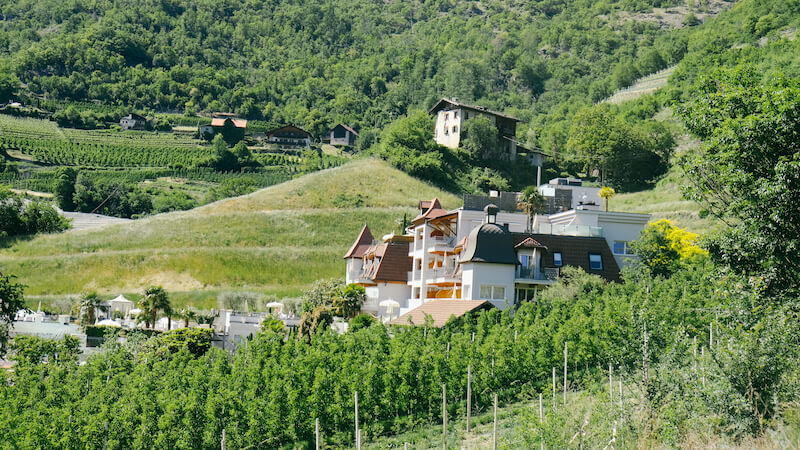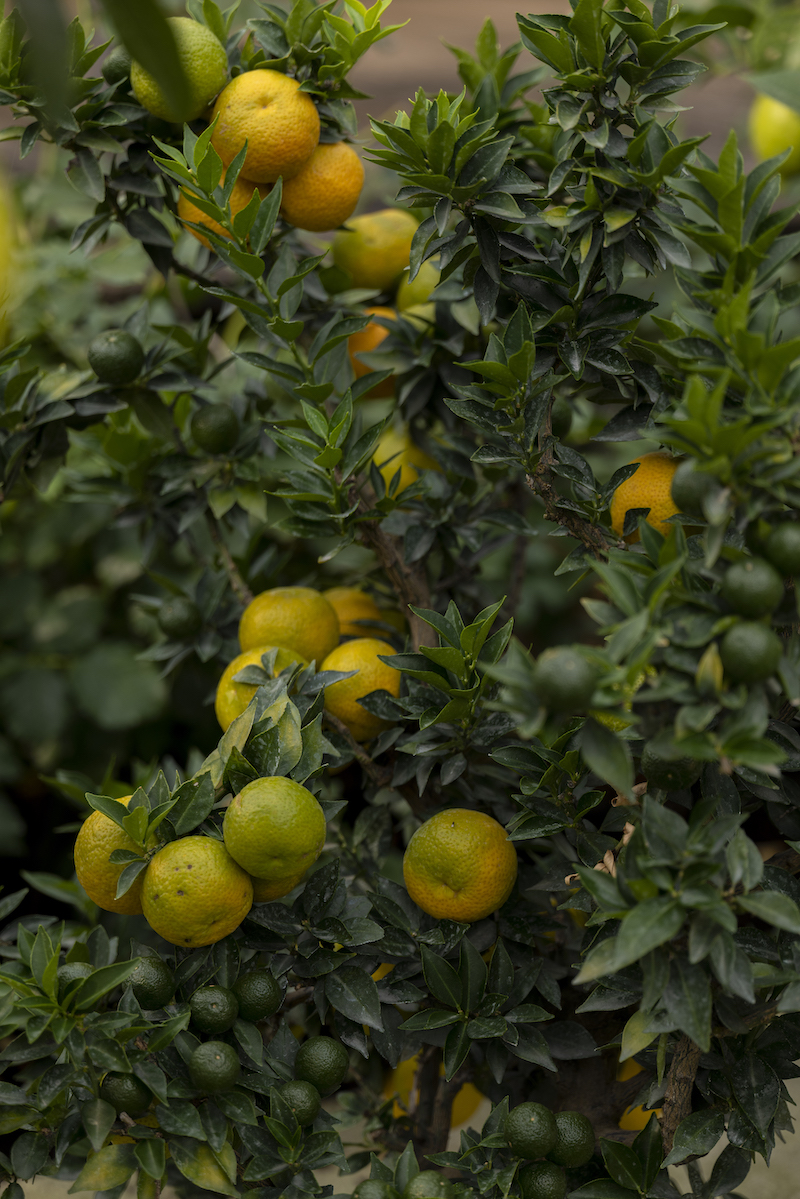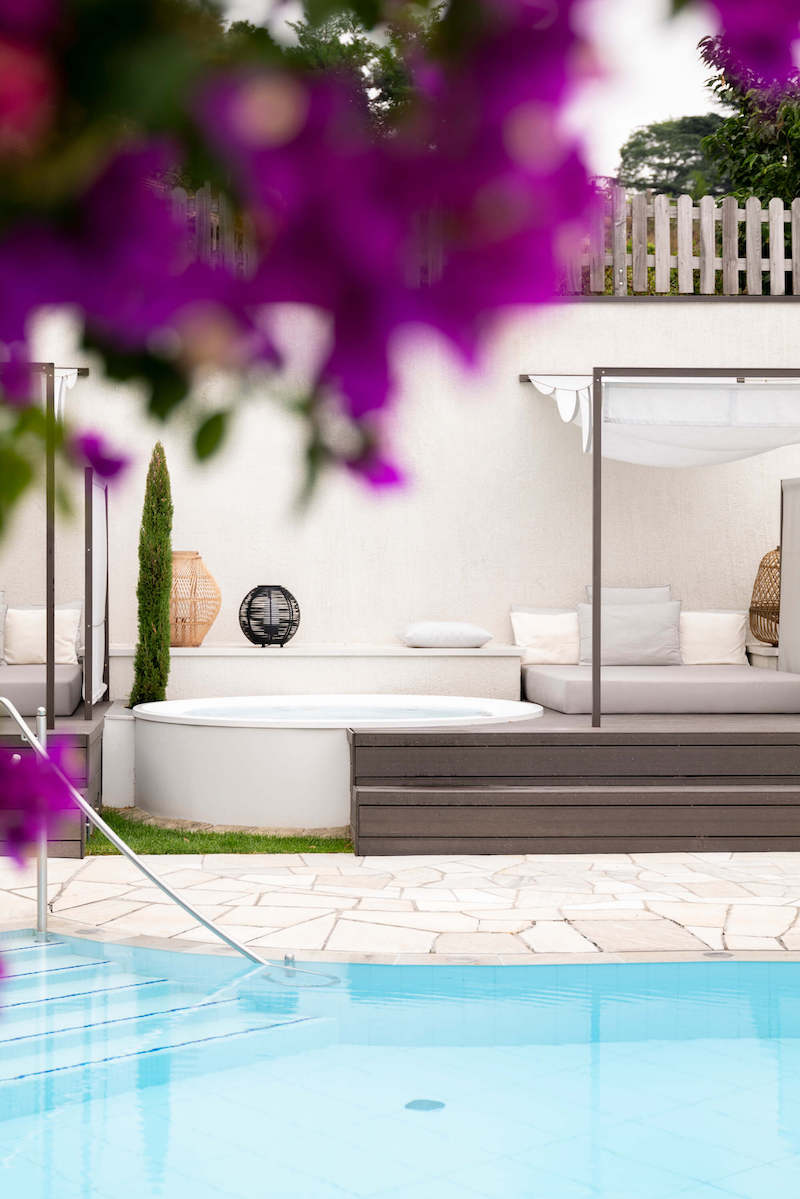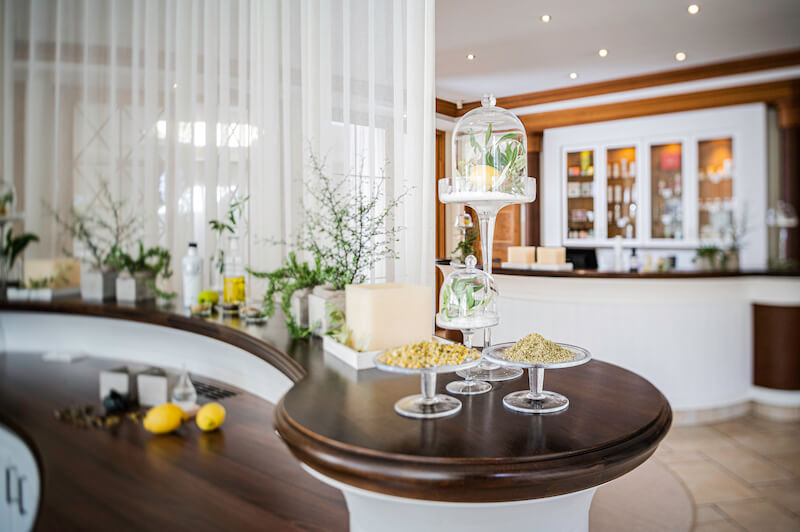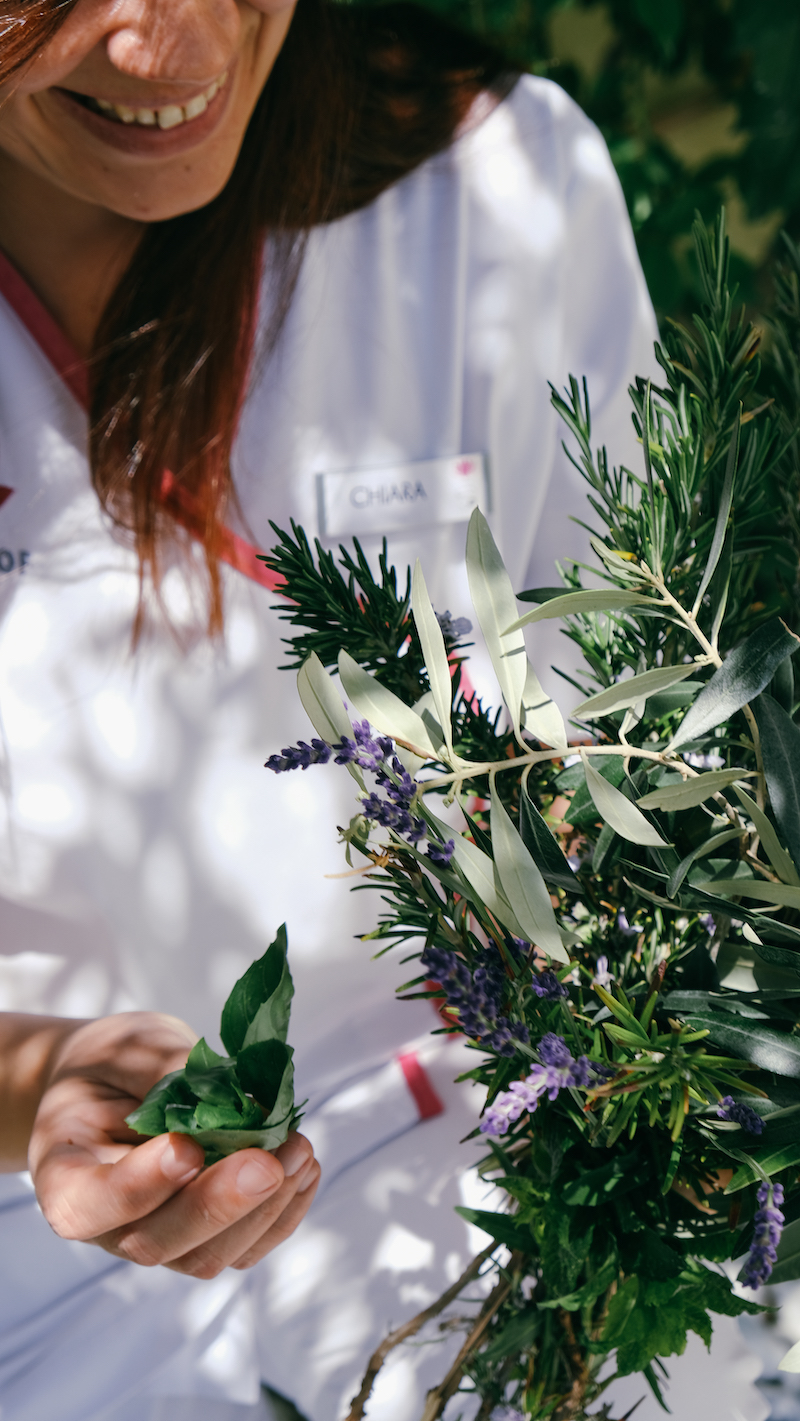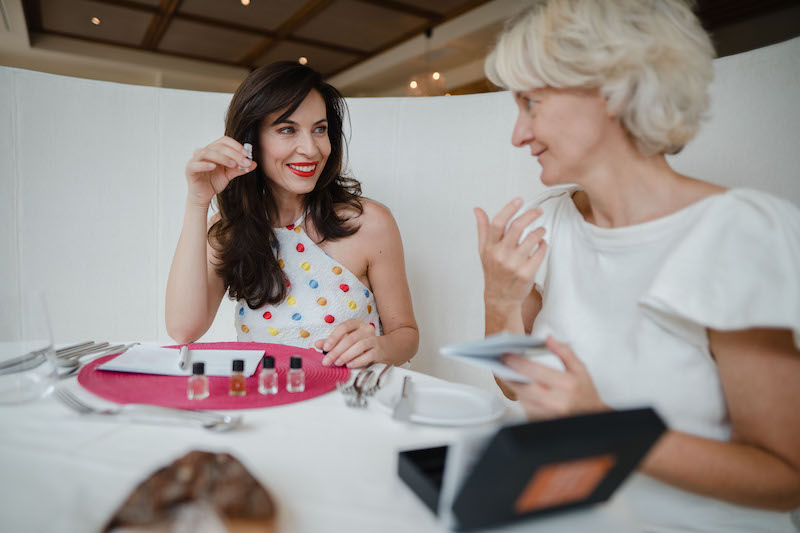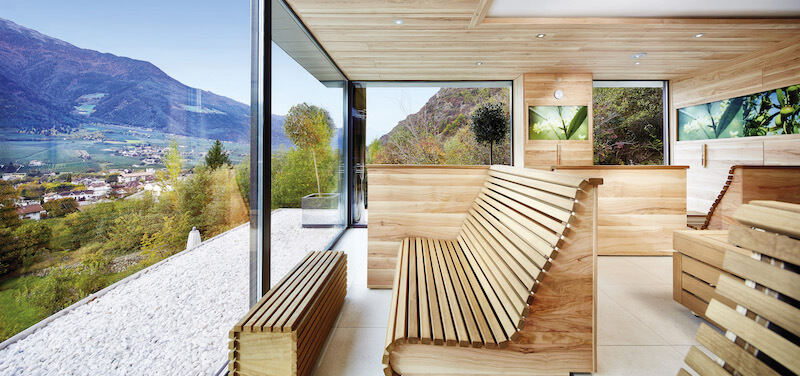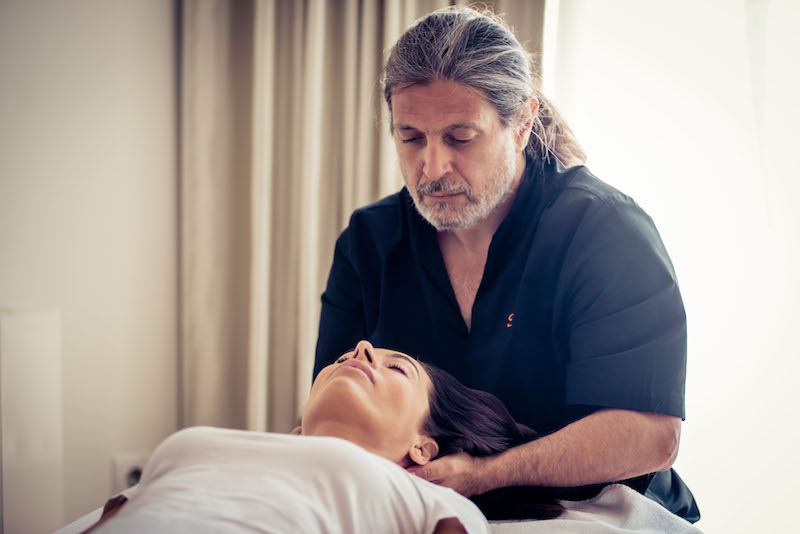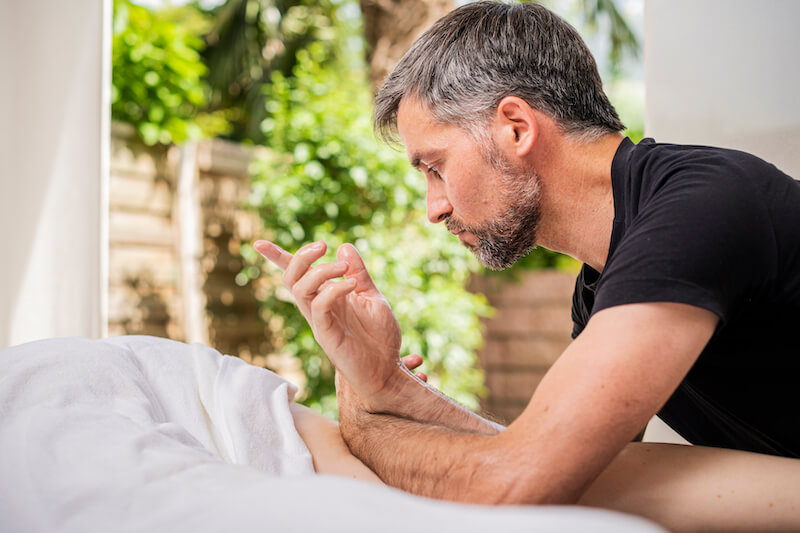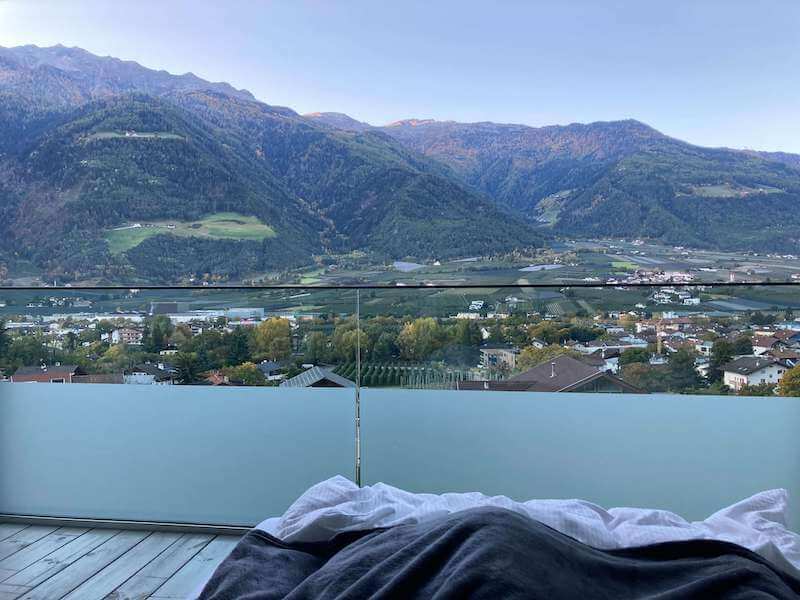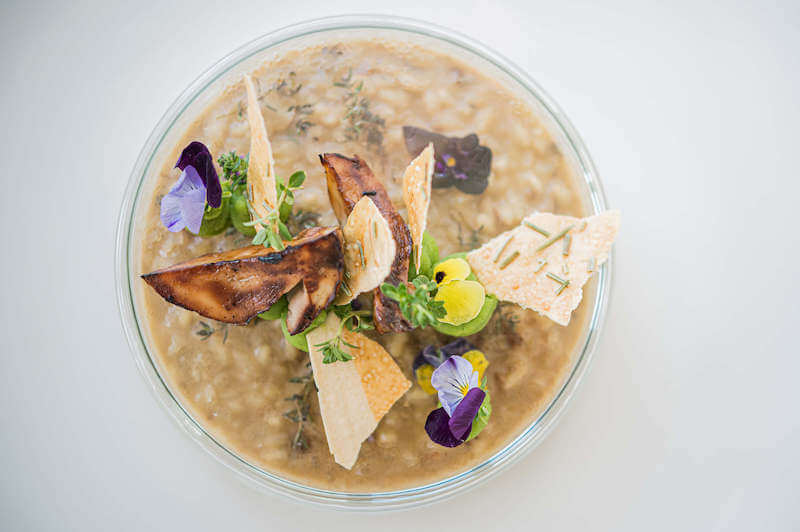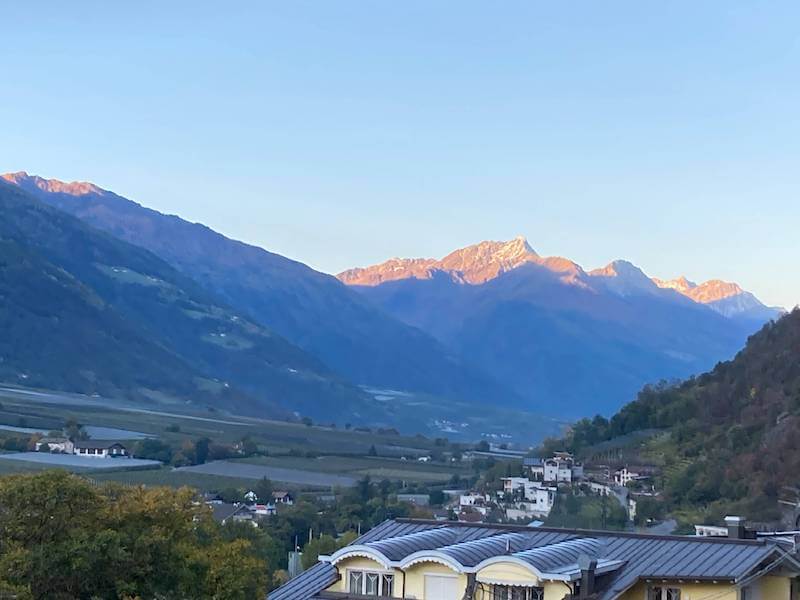As we mark World Digital Detox Day on 10th December, it’s a timely opportunity to take a step back from our screens and reflect on how the relentless pace of our digital lives affects our physical and emotional health. While social media and technology promise endless connection and convenience, they often deliver the opposite—disrupting our natural rhythms, relationships, and well-being. Here, I explore the science behind these effects as a reminder to reconnect with what truly matters in our lives.

The Digital Desert: A Sterile Landscape for Growth
Social media can appear to be a vibrant marketplace of ideas and relationships, but it often functions more like a barren desert. This endless digital engagement deprives us of the diversity, depth, and connection we need to thrive. From disrupted sleep patterns to loneliness and microbial imbalances, the consequences of living in a digital desert are profound.
One of the most insidious aspects of the digital space is its ability to steal our time. Like a giant black hole. Hours vanish in a fog of mindless scrolling and passive consumption. Instead of being present, we become spectators of curated moments. This is the antithesis of mindful living and more ‘The Truman Show’.

Social Media and Gut Health: Disconnected Ecosystems
The Microbiome Thrives on Diversity
Our gut microbiome—a complex ecosystem vital to digestion, immunity, and mental health—relies on exposure to diverse foods, environments, and social interactions. Yet, modern screen-based lifestyles deprive it of these essential inputs. A study on rhesus macaques published in Frontiers in Microbiology revealed that sociable monkeys had significantly healthier gut bacteria, including higher levels of anti-inflammatory strains like Faecalibacterium. Conversely, isolated monkeys exhibited reduced microbial diversity,【Johnson et al., 2022, Frontiers in Microbiology】.
Humans share approximately 98–99% of their DNA with chimpanzees and about 93% with rhesus macaques, highlighting our shared evolutionary lineage. Yet, in the age of digital dominance, we often forget that we are primates and part of the natural world. Just as sociable primates benefit from group interactions and diverse environments, humans also thrive in community and nature. Excessive screen use and digital isolation disrupt these vital connections, negatively impacting both our gut health and emotional well-being.
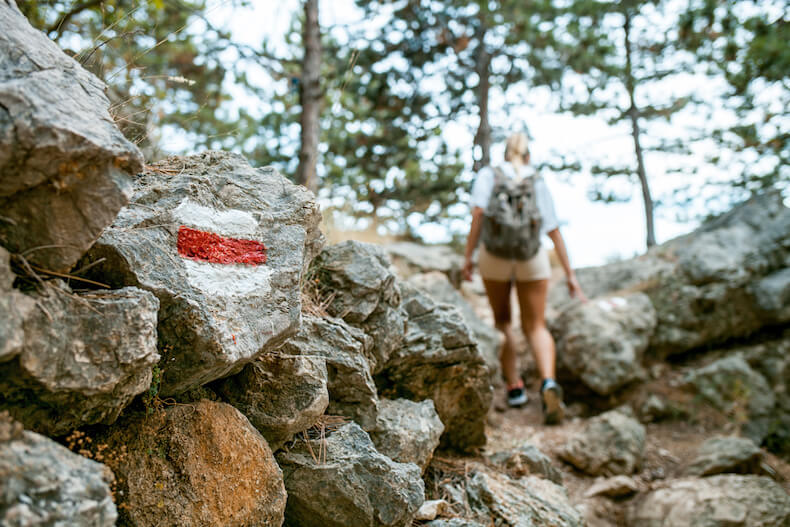
The Lovebug Effect
The modern human gut microbiome often lacks Limosilactobacillus reuteri (L. reuteri), a bacterium with powerful anti-inflammatory effects. Its absence is linked to diseases like Crohn’s and ulcerative colitis. But its role extends beyond physical health. Supplementing L. reuteri has been shown to raise oxytocin levels, improving social interactions and emotional resilience in animal studies【Poutahidis et al., 2013】【Buffington et al., 2016】.
Gut microbiota may even influence our desire to seek nature. According to “The Lovebug Effect,” microbes drive us to replenish microbial diversity through nature-seeking behaviors like forest bathing. Such practices, popularised in Japan, enhance microbial exposure, reduce stress, and boost immunity【Lowry et al., 2007】【Li, Q., et al., 2010】.
Social Media: A Toxic Environment
Contrasting the vibrant health of natural environments, social media often resembles a stagnant, polluted pool—a toxic breeding ground for stress-inducing behaviours such as comparison, cyberbullying, and the relentless pursuit of validation. Chronic stress from these interactions impairs gut microbiota’s ability to regulate neurotransmitters like serotonin and dopamine, disrupting the gut-brain axis.
Chasing Mirages in the Desert of Social Media
Social media can fuel perfectionism and the urge to please, creating the illusion of connection but leaving many feeling empty. Users curate idealised versions of themselves, seeking validation through likes and comments. Yet, these fleeting approvals rarely bring real fulfilment.
This emotional toll compounds the physical impacts of digital overuse, making the cycle of stress, comparison, and self-doubt even harder to break. Digital detoxes and self-compassion can help shift focus toward authentic relationships and genuine fulfilment.
Digital Hypoxia
Many unknowingly suffer from “tech apnoea,” shallow or held breaths during screen use, which depletes oxygen, increases stress, and worsens fatigue. With adults managing over 140 daily digital interactions and younger adults exchanging 109 texts daily (Radicati Group, 2023), the impact is significant. A Journal of Behavioural Medicine study found irregular breathing during device use raises cortisol, fueling chronic stress (Anderson et al., 2017). Simple breathing exercises can restore natural rhythms, enhance gut health, and promote calm focus.
Loneliness in the Digital Age
While social media claims to foster connection, it often fuels isolation. The World Health Organization (WHO) has identified loneliness as a growing public health concern. Similarly, the United Nations (UN) links social isolation to challenges in global well-being, particularly among urban and young populations.
A study in Sleep Health reported that improved sleep quality is strongly linked to reduced feelings of loneliness, particularly in young adults. However, excessive screen time disrupts circadian rhythms and delays melatonin production, leading to poor sleep and heightened emotional disconnection【Cacioppo et al., 2017, Sleep Health】.
Creating a screen-free bedtime routine can significantly enhance sleep quality and mitigate loneliness.

The Strength of the Wolf is the Pack
As ‘The Jungle Book’ reminds us: “The strength of the wolf is the pack, and the strength of the pack is the wolf.” Humans, too, thrive when they find their “pack.” Unlike online interactions, in-person contact fosters trust, oxytocin release, and beneficial microbiota exchange—essential for health and happiness.
Reconnecting offline nurtures relationships, boosts health, and breaks free from the isolating digital world. As I like to remind my nutrition clients , beneficial gut microbiota do not reside in Snapchat, X or Facebook.
As highlighted in a study published in Nature by Smith and Doe (2024), direct human contact enables the transfer of beneficial microbes, supporting not only physical health but also emotional resilience. The absence of this exchange in virtual environments underscores the irreplaceable value of face-to-face connections (Smith & Doe, 2024).
Boredom and Predictability in Digital Spaces
Despite the abundance of online content, people are experiencing rising levels of boredom. Research published in Communications Psychology found that predictable, repetitive interactions in digital spaces fail to stimulate the brain meaningfully. This phenomenon, referred to as the “social media paradox,” underscores the need for offline, unpredictable, and creative real-world experiences【Danckert et al., 2023, Communications Psychology】.
Conclusion: Rediscovering What Matters
World Digital Detox Day reminds us to reconnect with nature, community, and mindfulness—leaving behind the isolating mirage of digital connection. Here, I explore actionable strategies to break free from the grip of the digital desert and rediscover the joy of being fully present in the world around us.
To learn more about World Digital Detox Day, access resources, visit the official website: World Digital Detox Day.
References
- Johnson et al., 2022 – Frontiers in Microbiology: Sociability and gut microbiota diversity in rhesus macaques. Frontiers in Microbiology
- Poutahidis et al., 2013 – Gut microbiota, oxytocin, and social behaviors in animal models.
- Buffington et al., 2016 – Supplementation of L. reuteri and its effects on social behaviors and emotional resilience.
- Lowry et al., 2007 – The role of gut microbiota in stress regulation and nature-seeking behaviors.
- Li, Q., et al., 2010 – International Journal of Immunopathology and Pharmacology: Effects of forest bathing on human immune function.
- Anderson et al., 2017 – Journal of Behavioral Medicine: The impact of screen use on breathing and cortisol levels.
- Radicati Group, 2023 – Digital interaction statistics among adults and young populations. The Radicati Group

